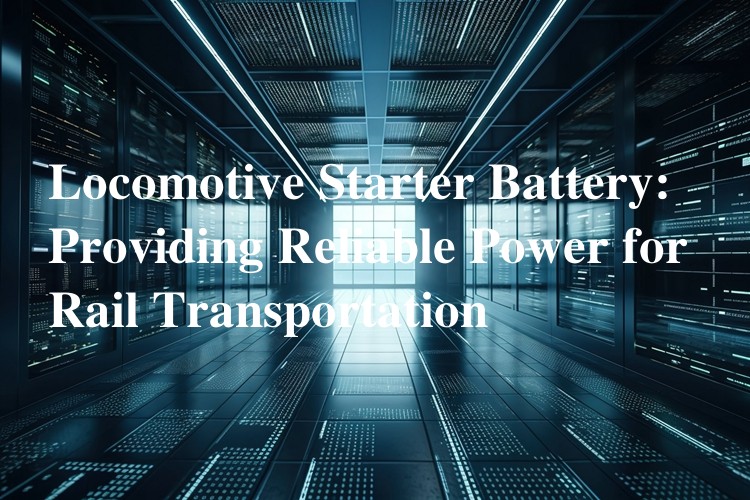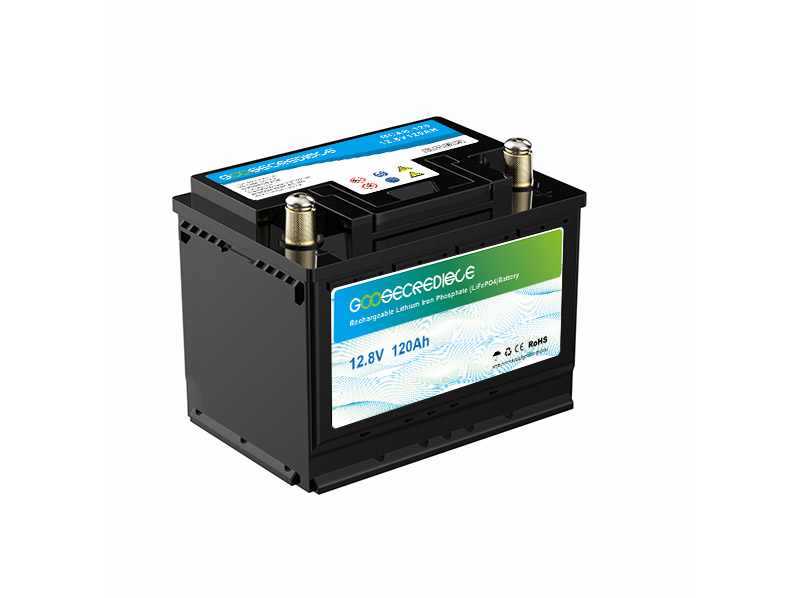Lithium-ion Battery: The Core Technology of Modern Energy Storage
Lithium-ion battery, as one of the core technologies in the field of modern energy storage, has been attracting attention since its birth with its excellent performance and wide application prospects. This article will deeply explore the basic principles, structural composition and unique advantages of lithium-ion batteries in energy storage, and reveal the secrets of this technological product to you.
1. Basic Principles
Li-ion battery is a secondary battery, that is, a rechargeable battery, and its working principle mainly depends on the movement of lithium ions between the positive electrode and the negative electrode. During the charging process, lithium ions are deintercalated from the positive electrode material and embedded into the negative electrode material through the electrolyte, making the negative electrode in a lithium-rich state; while during the discharging process, lithium ions are deintercalated from the negative electrode material and returned to the positive electrode through the electrolyte to complete a complete charging and discharging cycle. This process is commonly referred to as the “rocking chair battery” effect.

2. Structural Composition
The structure of Li-ion battery is relatively complex, but it mainly consists of the following main parts:
Positive electrode: The positive electrode is an important component of lithium-ion batteries, and usually uses lithium-containing oxides as active materials, such as lithium cobalt oxide (LixCoO2). The choice of positive electrode material directly affects the performance of the battery, including energy density, cycle life, etc.
Negative electrode: The negative electrode usually uses carbon materials such as graphite or petroleum coke as active materials. These materials have good lithium insertion properties and can receive lithium ions that migrate from the positive electrode during charging.
Electrolyte: The electrolyte is the channel for lithium ion migration in Li-ion batteries, usually a solution of organic solvents and lithium salts. The performance of the electrolyte directly affects the ionic conductivity and safety of the battery.
Diaphragm: The diaphragm is located between the positive and negative electrodes to prevent short circuits caused by direct contact between the two electrodes. The diaphragm also allows lithium ions to pass through to complete the charge and discharge process.
Battery case: The battery case is used to encapsulate all of the components inside the battery and protect the battery from the external environment. Common battery case materials include steel cases and aluminum cases.

3. Unique Advantages
The reason why lithium-ion batteries can occupy an important position in the field of energy storage is mainly due to the following unique advantages:
High energy density: Lithium-ion batteries have high energy density and can store a large amount of electrical energy in a small volume, which is particularly important for applications such as portable electronic devices and electric vehicles.
Long cycle life: Lithium-ion batteries have a long cycle life and can maintain a high level of performance after multiple charge and discharge cycles, reducing the cost of ownership.
No memory effect: Compared to early nickel-cadmium batteries and nickel-metal hydride batteries, lithium-ion batteries have the characteristics of no memory effect, that is, the battery capacity does not decrease due to partial discharge.
Low self-discharge rate: Lithium-ion batteries have a low self-discharge rate and can maintain a high power level when not used for a long time.
Environmentally friendly: Lithium-ion batteries do not contain harmful substances such as heavy metals and have a low impact on the environment. At the same time, with the advancement of recycling technology, the recycling rate of lithium-ion batteries is also increasing.
In summary, lithium-ion batteries have become one of the core technologies in the field of modern energy storage with excellent performance and wide application prospects. Through continuous technological innovation and process improvement, the performance of lithium-ion batteries will be further enhanced, providing more convenient and efficient energy solutions for people’s daily lives and industrial production.
-
 Batteries are an essential component of many devices and systems we rely on every day. From powering our vehicles to providing backup energy for our homes, batteries play a crucial role in our lives. When it comes to batteries, two common types that often get confused are deep cycle batteries and starting batteries. While both serve different purposes, understanding the...Læs mere
Batteries are an essential component of many devices and systems we rely on every day. From powering our vehicles to providing backup energy for our homes, batteries play a crucial role in our lives. When it comes to batteries, two common types that often get confused are deep cycle batteries and starting batteries. While both serve different purposes, understanding the...Læs mere -
 Introduction Rail transportation is one of the most reliable and efficient means of transportation in the world. Its popularity and widespread use can be attributed to its ability to transport heavy loads over long distances with minimal environmental impact. The primary source of power for locomotives is electricity, which is stored in batteries. Locomotive starter batteries are an essential component...Læs mere
Introduction Rail transportation is one of the most reliable and efficient means of transportation in the world. Its popularity and widespread use can be attributed to its ability to transport heavy loads over long distances with minimal environmental impact. The primary source of power for locomotives is electricity, which is stored in batteries. Locomotive starter batteries are an essential component...Læs mere -
 Power outages, car breakdowns, and other unexpected emergencies can happen at any time, leaving you stranded and without access to power. In such situations, having an emergency starter battery can be a lifesaver. These portable devices are designed to provide a quick and easy way to jump-start your car, charge your phone, and power other essential devices, ensuring that you're...Læs mere
Power outages, car breakdowns, and other unexpected emergencies can happen at any time, leaving you stranded and without access to power. In such situations, having an emergency starter battery can be a lifesaver. These portable devices are designed to provide a quick and easy way to jump-start your car, charge your phone, and power other essential devices, ensuring that you're...Læs mere -
 The demand for reliable and long-lasting power solutions has been increasing in recent times, and one of the best options available is a 12V 100Ah LiFePO4 battery pack. This battery pack is designed to offer reliable power for a wide range of applications and is known for its durability and longevity. The 12V 100Ah LiFePO4 battery pack is a...Læs mere
The demand for reliable and long-lasting power solutions has been increasing in recent times, and one of the best options available is a 12V 100Ah LiFePO4 battery pack. This battery pack is designed to offer reliable power for a wide range of applications and is known for its durability and longevity. The 12V 100Ah LiFePO4 battery pack is a...Læs mere -
 Are you looking for a reliable power storage solution? Look no further than the High-Capacity 12V 100Ah LiFePO4 lithium battery. This advanced battery technology offers several benefits over traditional lead-acid batteries, including longer lifespan, faster charging, and more efficient power delivery. At the heart of the High-Capacity 12V 100Ah LiFePO4 lithium battery is advanced lithium iron phosphate (LiFePO4) chemistry....Læs mere
Are you looking for a reliable power storage solution? Look no further than the High-Capacity 12V 100Ah LiFePO4 lithium battery. This advanced battery technology offers several benefits over traditional lead-acid batteries, including longer lifespan, faster charging, and more efficient power delivery. At the heart of the High-Capacity 12V 100Ah LiFePO4 lithium battery is advanced lithium iron phosphate (LiFePO4) chemistry....Læs mere -
 The need for reliable and long-lasting power sources is becoming increasingly important in today's world. Whether it is for home use, commercial applications, or industrial settings, having a dependable power source is crucial. The 48V Lithium Iron Phosphate battery is one such power source that is gaining popularity due to its exceptional performance and longevity. What is a 48V...Læs mere
The need for reliable and long-lasting power sources is becoming increasingly important in today's world. Whether it is for home use, commercial applications, or industrial settings, having a dependable power source is crucial. The 48V Lithium Iron Phosphate battery is one such power source that is gaining popularity due to its exceptional performance and longevity. What is a 48V...Læs mere -
 As a key component of electric vehicles, electric vehicle batteries have a significant impact on the performance, range and safety of electric vehicles. The following is a detailed introduction to some of the key technical points and performance characteristics of electric vehicle batteries: Battery Type Lithium-ion battery: The most common type of battery used in electric vehicles. Lithium-ion batteries have...Læs mere
As a key component of electric vehicles, electric vehicle batteries have a significant impact on the performance, range and safety of electric vehicles. The following is a detailed introduction to some of the key technical points and performance characteristics of electric vehicle batteries: Battery Type Lithium-ion battery: The most common type of battery used in electric vehicles. Lithium-ion batteries have...Læs mere

